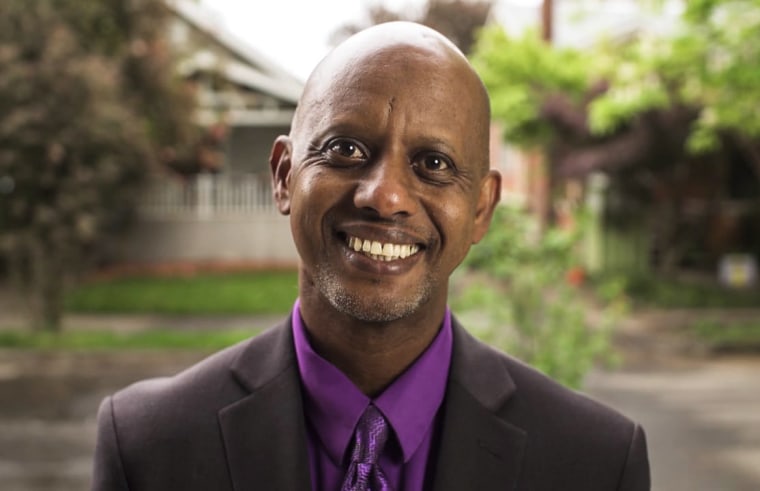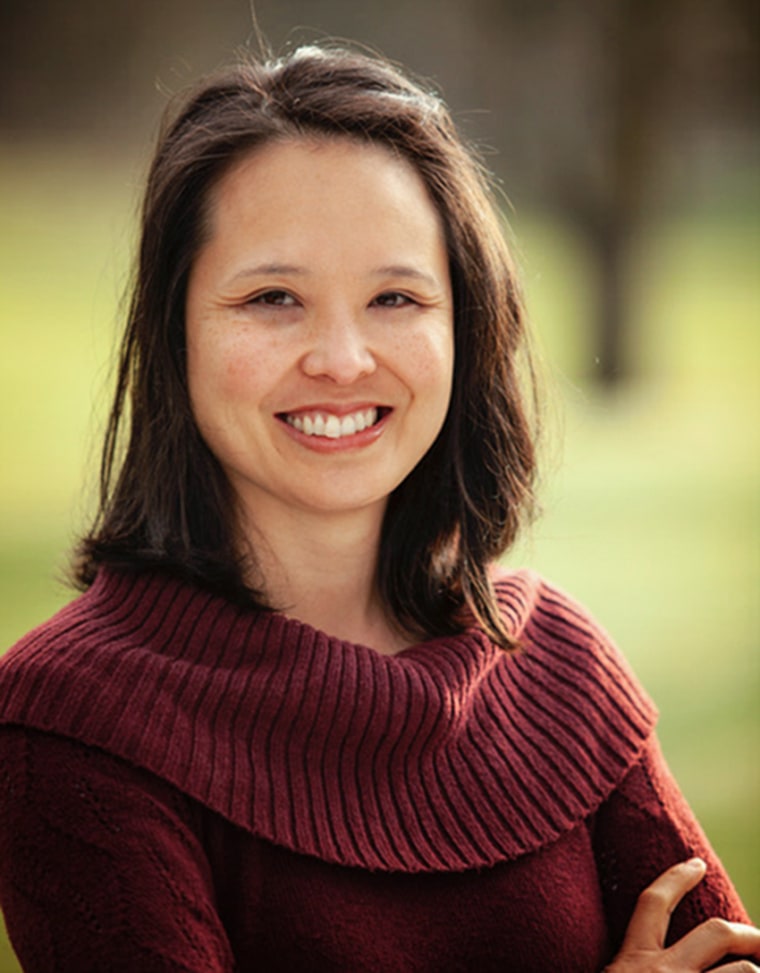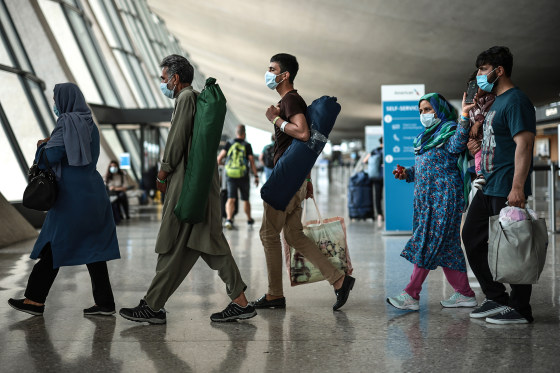When Kayse Jama arrived in the United States as a refugee 22 years ago, he only knew one person in Portland, Oregon, where he settled after fleeing Somalia. He couch surfed, unsure of how to find housing and get food on the table. With no transition from refugee to U.S. resident, he felt like he was starting from scratch.
Now, as a state senator helping to facilitate the resettlement of Afghan refugees across Oregon, he wants to make sure that his experiences won’t be repeated in a new generation of immigrants.
“This is a really personal issue for me,” Jama told NBC Asian America. “I don’t want anybody to experience what I experienced coming to this country. Those who are fleeing war and persecution, I want to make a commitment that all of us will welcome them.”

For Jama and state Rep. Khanh Pham, receiving the around 1,200 Afghans settling in Oregon is something that hits close to home. Pham comes from a refugee family herself; her parents met in Oklahoma after fleeing Vietnam after the war. They began their life together as one of the few Asian households in the state. Some of Pham’s earliest memories are the stories her parents told of coming to the U.S. She also remembers hearing stories of the vitriol other Vietnamese families had experienced, like those persecuted by the Ku Klux Klan in the South.
“My family’s experience was a mix of both incredible generosity as well as some of the same discrimination and fear mongering against refugees that we see today,” she said.
When Kabul was captured by the Taliban this summer and many scrambled to leave the country, Pham said she felt their fear and urgency on a deeper level. Now, with 60,000 refugees looking to be transitioned from U.S. military bases to more permanent housing in the states, she feels her story and experiences can make an impact.
“I viscerally felt the panic that many Afghan families are feeling as they were trying to escape,” she said. “And I think that allowed us to act quickly and act in unison.”
Pham and Jama both knew they wanted to do something, so together they coordinated a work group of resettlement providers, state agencies and nonprofits to address the needs of the refugees before they even arrived. The biggest needs they identified were housing, meals, legal assistance and schooling for children.

“They’ll need help navigating a new environment to access those services,” Pham said.
Her team is also pushing for government rental assistance and guarantees as the families transition from short-term housing in hotels or motels to longer-term apartments.
Jama said much of the infrastructure that once existed for refugees’ transition was dismantled during the Trump administration, and building it back as much as possible is hard, but a necessary challenge.
Jama and Pham both acknowledged there is some hostility toward incoming refugees in the state, but there are also many people who are trying to do what they can to welcome them into communities.
“I’ve been really touched by people reaching out, even in southern Oregon and saying, ‘Hey, I have a small bar, and I’d like to employ some Afghans,’ or people saying, ‘I have some housing I’d like to offer’ or ‘I’d like to come to the airport,’” Pham said.
Their cognizance of the refugee experience has made them all the more prepared to welcome the incoming immigrants, they said, and it speaks to how representation in government can have tangible impacts.
“For me, as the first refugee, first Muslim to serve in the state of Oregon Senate, I don’t want my story to be seen as the exception,” Jama said. “I want my story to become the norm. When refugees and immigrants are given an opportunity and support, they can really transform their lives and their communities.”

